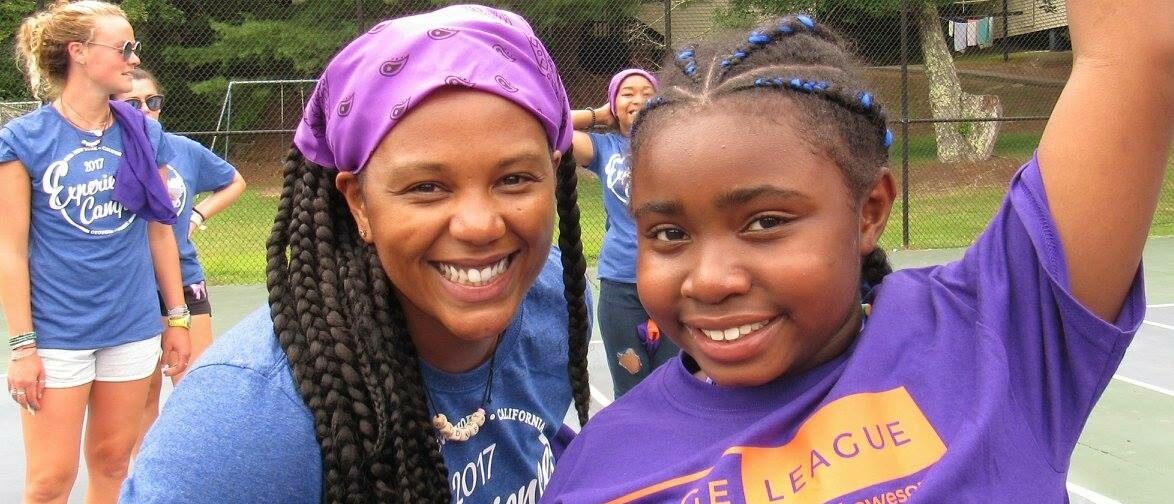With all that’s been going on in the world, there’s a good likelihood that you’re going to have one or more grieving children at your camp this summer. As a camp director, it is crucial to know how to support them, and help other staff know how to show up for them as well. We hope you’ll find the information below from our Chief Clinical Director, Brie Overton, helpful.
How to show up for a grieving camper:
- Reach out to the caregiver(s). Talk with them specifically about the death, how they are coping, and how you plan to support them, if needed, while at camp. Ask about any changes the camper has experienced since the death, particularly in activity, energy level, appetite, and sleep. Changes are often interpreted as a camper being uncooperative, resistant, or even defiant so it’s important to know these facts to prepare your team.
- Acknowledge the death. For some campers this may be the first time someone outside of their family and close friends acknowledge that the death occurred. Say something like, “Jalen, I heard your dad died. I want you to know that I’m here if you want to talk this summer.” By saying it out loud we let the camper know we can handle hearing about it. Just do it privately. Many grieving kids don’t want to be perceived by their peers as different.
- Listen actively. Ask them how they are feeling and really listen to their response with your eyes and ears. Just because they are laughing and playing doesn’t mean they aren’t still grieving. If they don’t want to talk about it, that’s okay. Validate their feelings and communicate that you are there to talk when they are ready.
- Let your camper be the expert. The last thing your camper needs to hear is that you know how they feel. You may have had a similar experience, but everyone experiences grief differently, even members of the same family. Allow the camper to communicate to you what it is they are feeling and don’t make assumptions.
- Check in more than once. Campers who want to talk will seek out people they trust and who feel safe. So check in with them throughout the session and even over the course of years if it’s a returning camper. Grief changes but never goes away completely. While their grief may look different over time (even throughout the summer), they will continue to carry it always.
- Set boundaries. Rules and clear limits still apply to grieving campers. Setting boundaries helps grieving campers who may be acting out. Make sure they know the rules and consequences if the rules are not followed, and communicate this information to caregivers as well. This helps everyone know the environment is predictable and safe.
Experience Camps is a nonprofit that champions the nation’s 5+ million children who will experience the death of a parent, primary caregiver, or sibling by the time they reach 18. We run a network of no-cost camps that help grieving children thrive by building their coping resources, confidence, and resilience so they can experience a life rich with possibility.
